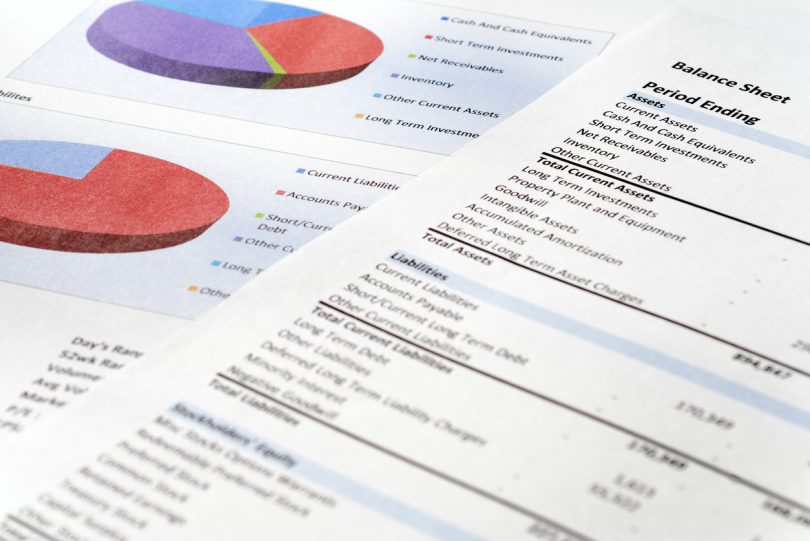
For organisations with multiple or extensive lease agreements, suddenly showing a large amount of debt on their books could have practical repercussions.
On 1 January 2019, a new standard for lease accounting came into effect, affecting any organisations that lease buildings, offices, retail spaces, cars, equipment and even intellectual property, from a lessor.
The new standard, AASB 16 Leases, is being implemented globally by the International Accounting Standards Board (IASB). It requires calculating the entire cost of a lease agreement (from the date the lease starts) and recording it as a liability and corresponding asset.
This is vastly different from the existing accounting method of simply recording monthly rent as an expense.
For those organisations with multiple or extensive lease agreements, suddenly showing a large amount of debt on their books could have practical repercussions. The only exceptions to the new requirements are small leases of less than $5,000, and short-term leases of less than one year.
Ralph Martin, National Technical Director at RSM Australia, explains:
“Essentially, once the new change comes into place, the word ‘rent’ will not exist in accounting. Although it is a change to accounting standards (meaning it affects the way financial statements are prepared), it will be a big change for organisations because it will make the balance sheet look very different.
“For any organisation with a number of property leases, the balance sheet is about to get a lot bigger – with more assets, but also more liabilities. It will suddenly appear as though they have a lot more debt.”
Ralph says this could potentially impact credit worthiness for new and existing loans, particularly if the loan contracts include covenants that restrict your level of debt.
“When your organisation adopts the new standard and adds new debt and assets, you may find that you are not complying with existing lending covenants. So it will be important for your accountant or financial advisor to be across it so they can help you make the transition and pick up on any potential issues.”
The changes come into effect for periods beginning on or after 1 January 2019. For most Australian organisations, this would mean that they apply from 1 July 2019 onwards.
RSM lease accounting workshop
RSM are running a free lease accounting workshop to help organisations understand:
- What the new standard means
- How it will or could potentially impact them
- Any steps they need to take
RSM will also be demonstrating a lease accounting model they developed in-house to help organisations account for the new standard. The model will be available for attendees to take away at no cost.
“We put a lot of effort into developing this model, which makes it more straightforward to see what impact the new standard will have. All attendees will receive the model and be shown how to use it so they are better equipped when they adopt the lease accounting changes.
“This may be a change in accounting standards, but it’s going to have significant real-life effects for the way people run their organisations and finances.”
RSM’s lease accounting workshop is free and open to all. It will be held on Wednesday March 13 from 12 pm to 2 pm at the Royal Canberra Golf Club in Yarralumla. Registration is essential.
Original Article published by Rachel Ziv on The RiotACT.


What's Your Opinion?